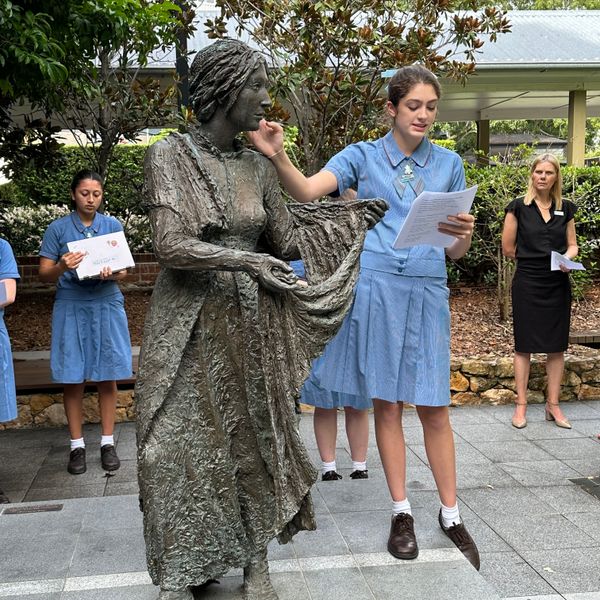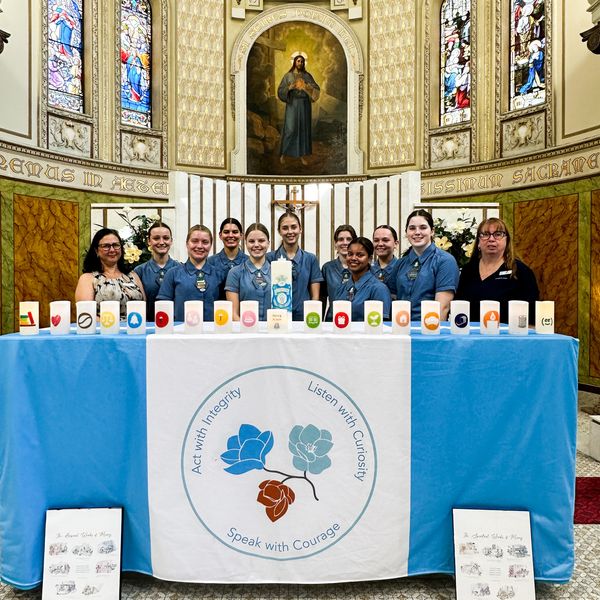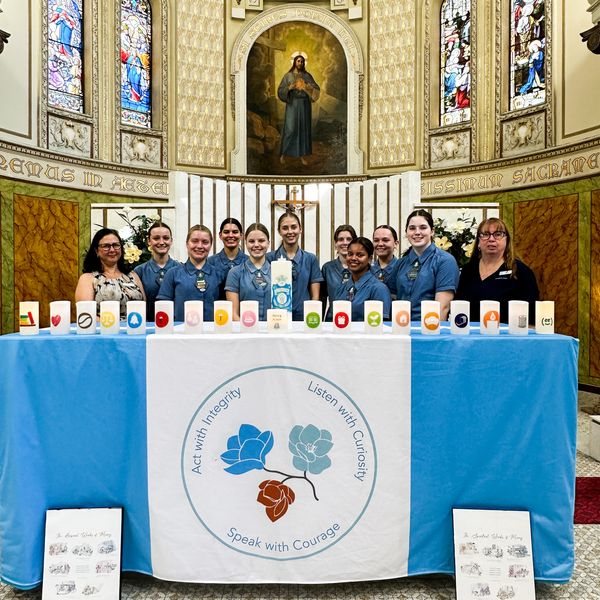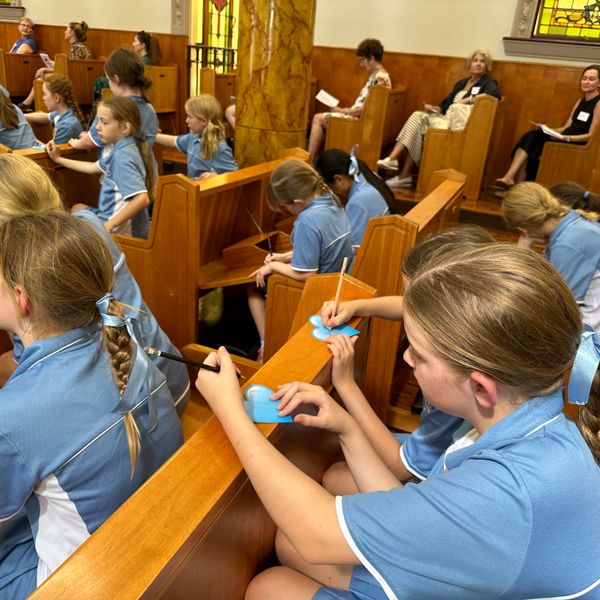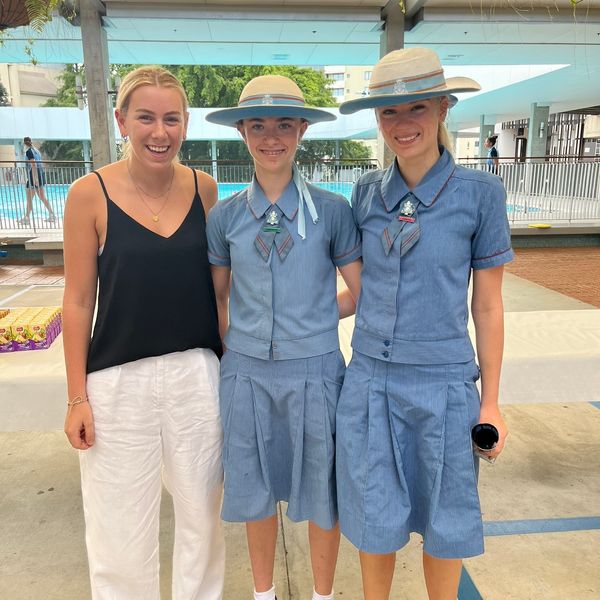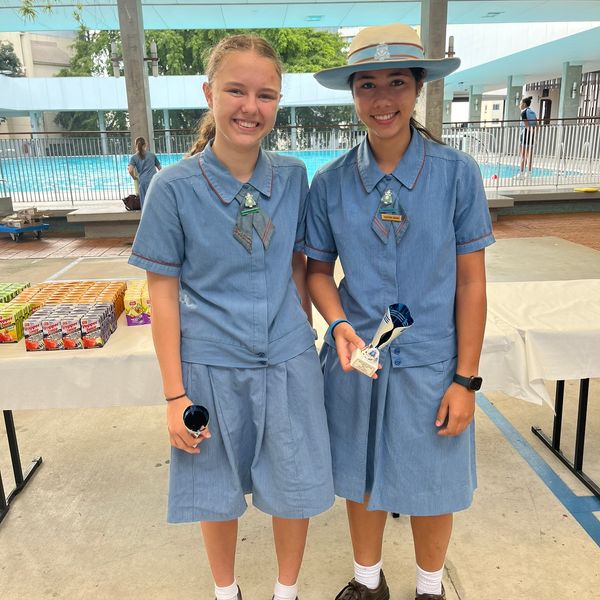Establishing and Building Strong Positive Relationships
At various age levels at school, friendships will inevitably break down and come to an end for various reasons; school interests change, and people generally change over time through growth and different pathways.
How do we foster the ability to support our young people through these changes while establishing one very important skill - Resilience?
Resilience does not just happen, it needs development, guidance and sitting with discomfort.
Resilience is defined as the ability to bounce back, deal with challenges we face, recover quickly, and learn from the challenges that will assist us the next time we face something hard.
At times, as a school, we see students struggle when something happens in a friendship or group situation, and they find it difficult to bounce back and tend to stay within a challenging situation for longer, ultimately ruminating on a situation and becoming overwhelmed and needing support.
Building friendships is a fundamental aspect of a young person's social development, contributing significantly to their emotional and psychological well-being. At school, we help develop these skills in our Fit4Life program in Years 5-10 through targeted lessons and skills development.
Below are some strategies and tips for fostering friendships among young people that may assist at home when your child talks about their challenges with friendships and social skill development:
Encourage Social Skills Development
Communication: Teach them effective communication skills, including how to start and maintain conversations, listening skills, and how to express their thoughts and feelings constructively.
Empathy: Encourage them to understand and share the feelings of others, helping them form deeper connections.
Create Opportunities for Social Interaction
Extracurricular Activities: Encourage participation in sports, clubs, arts, and other activities that align with their interests. These settings provide natural opportunities for meeting peers.
Social Events: Organise or encourage attendance at social events, outings, or group projects, which can help them interact and form bonds.
Foster a Positive Self-image
Confidence: Help them build self-confidence by recognising and celebrating their strengths and achievements. Confident individuals are often more open to making new friends.
Resilience: Teach them coping strategies for rejection or setbacks, emphasising that not every interaction will lead to friendship, but each experience is a learning opportunity.
Teach the Value of Being a Good Friend
Reliability: Encourage them to be dependable and trustworthy, as these qualities are highly valued in friendships.
Kindness and Support: Show them how to be kind and supportive and how to offer help when their friends need it, fostering a mutual sense of trust and loyalty.
Model Positive Relationships
Lead by Example: Demonstrate healthy friendships in your own life, including how you communicate, resolve conflicts, and support your friends.
Guidance: Provide guidance on navigating social situations and resolving conflicts, offering advice based on your own experiences and observations.
Encourage Independence and Individuality
Self-Discovery: Support them in discovering their own interests and values, which can help them find like-minded individuals.
Independence: Encourage them to seek out and initiate friendships on their own, fostering a sense of independence and self-reliance.
Using Technology Appropriately
Digital Friendships: Recognise the role of digital platforms in modern friendships. Teach them about safe and respectful online interactions.
Balance: Encourage a balance between online and in-person interactions to develop a well-rounded social life.
Promote Inclusivity and Open-mindedness
Diverse Friendships: Encourage them to be open to friendships with people from different backgrounds, enriching their experiences and perspectives.
Non-judgmental Approach: Teach them to approach potential friendships without preconceived judgments, focusing on the individual's character and compatibility.
Building friendships is a process that involves learning, growth, and patience. By supporting young people in developing their social skills, fostering opportunities for interaction, and modelling positive relationships, you can help them build and maintain meaningful friendships.
Friendships are one of the most positive, enjoyable parts of life. They can be short or long term and change at various times in our life. The connections you form in a trusting and mutually positive relationship will last forever if you nurture it, invest in it, accept differences, and listen and contribute equally, they become the foundation of life’s happiness. Friendships must always be seen as positive and caring, and no one should ever feel pressured, not able to give an opinion or feel unsafe. True friendship is being able to share your thoughts, knowing that you can receive advice and hear another person’s opinion without critical judgement.
As a parent, sharing your own advice and memories of your friendships is a valuable way to open the conversations around friendships. Take the time to check in and ask a little deeper about what the day was like for our young people, always starting off with the positives of the day.
Ms. Victoria McDonald (Head of Pastoral Care).


